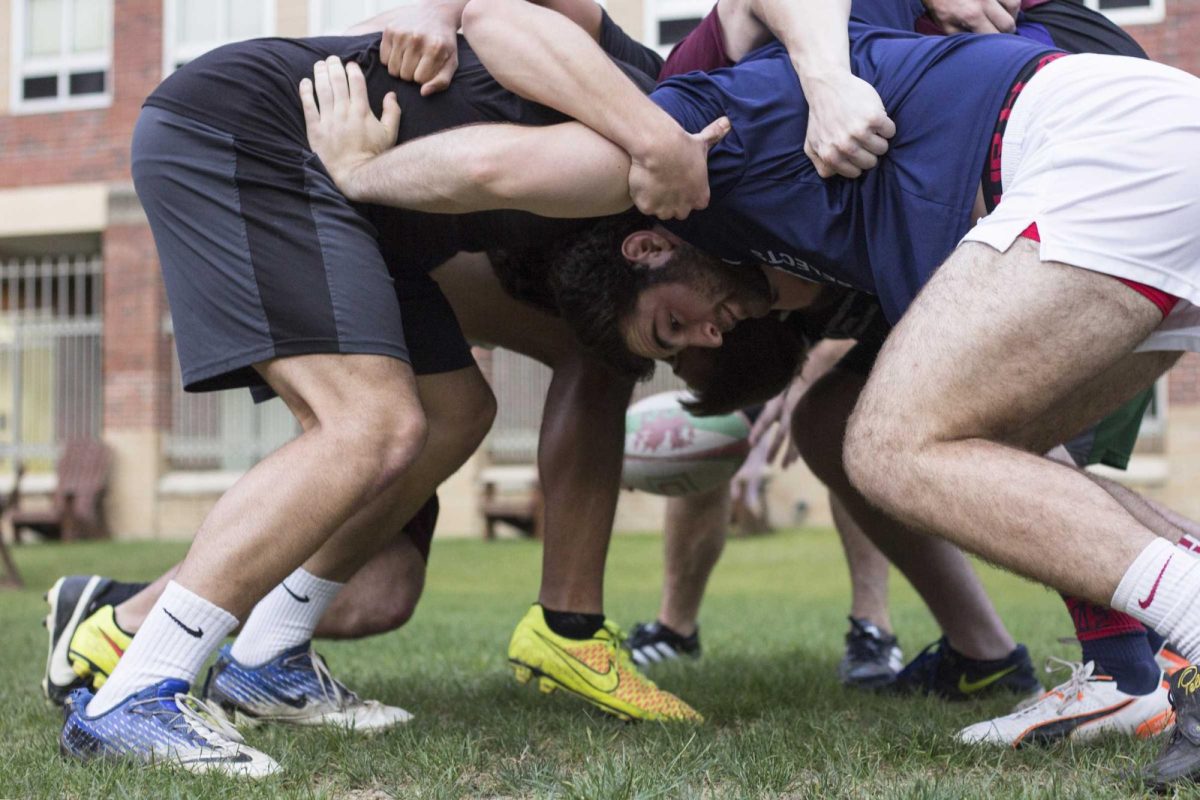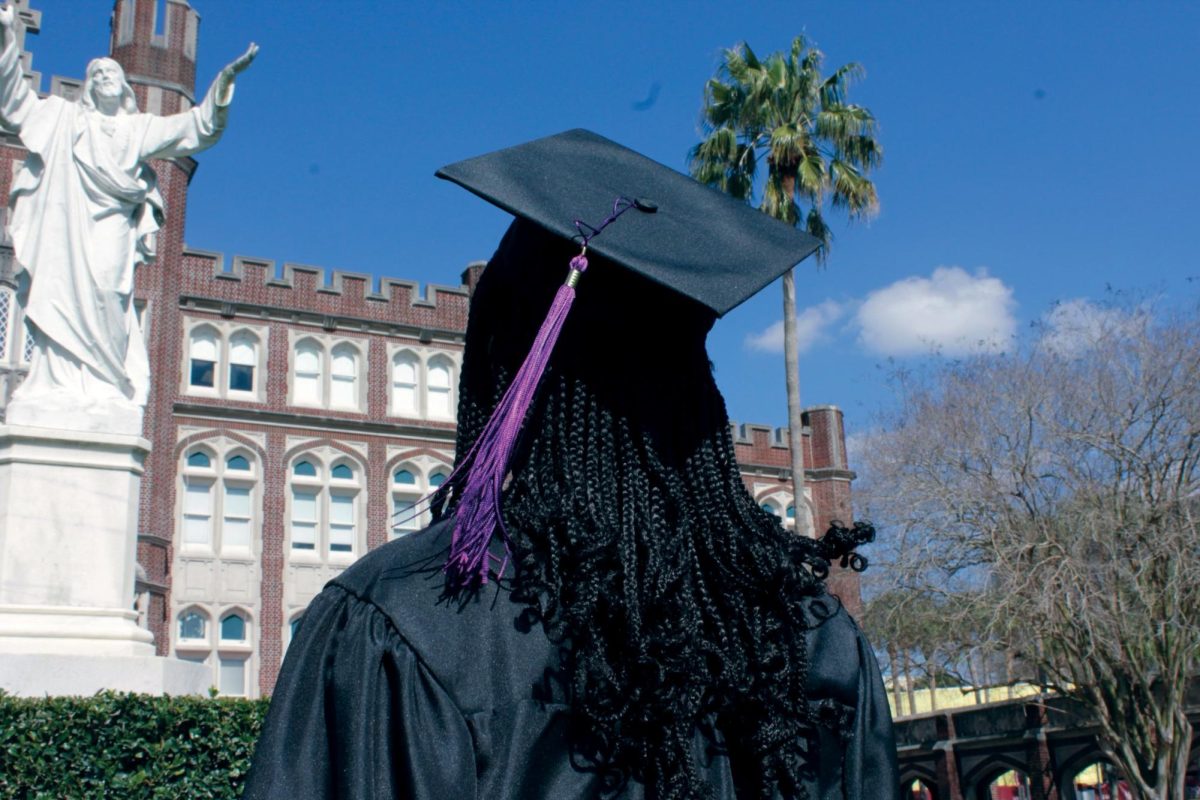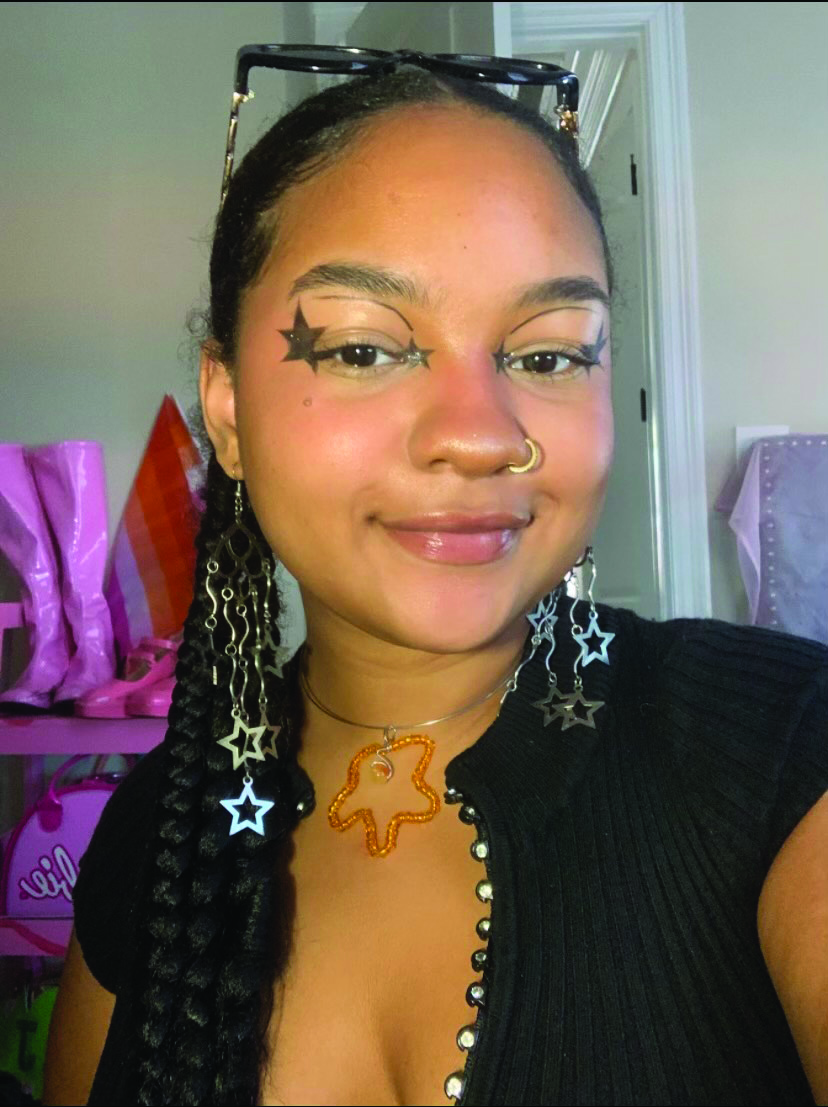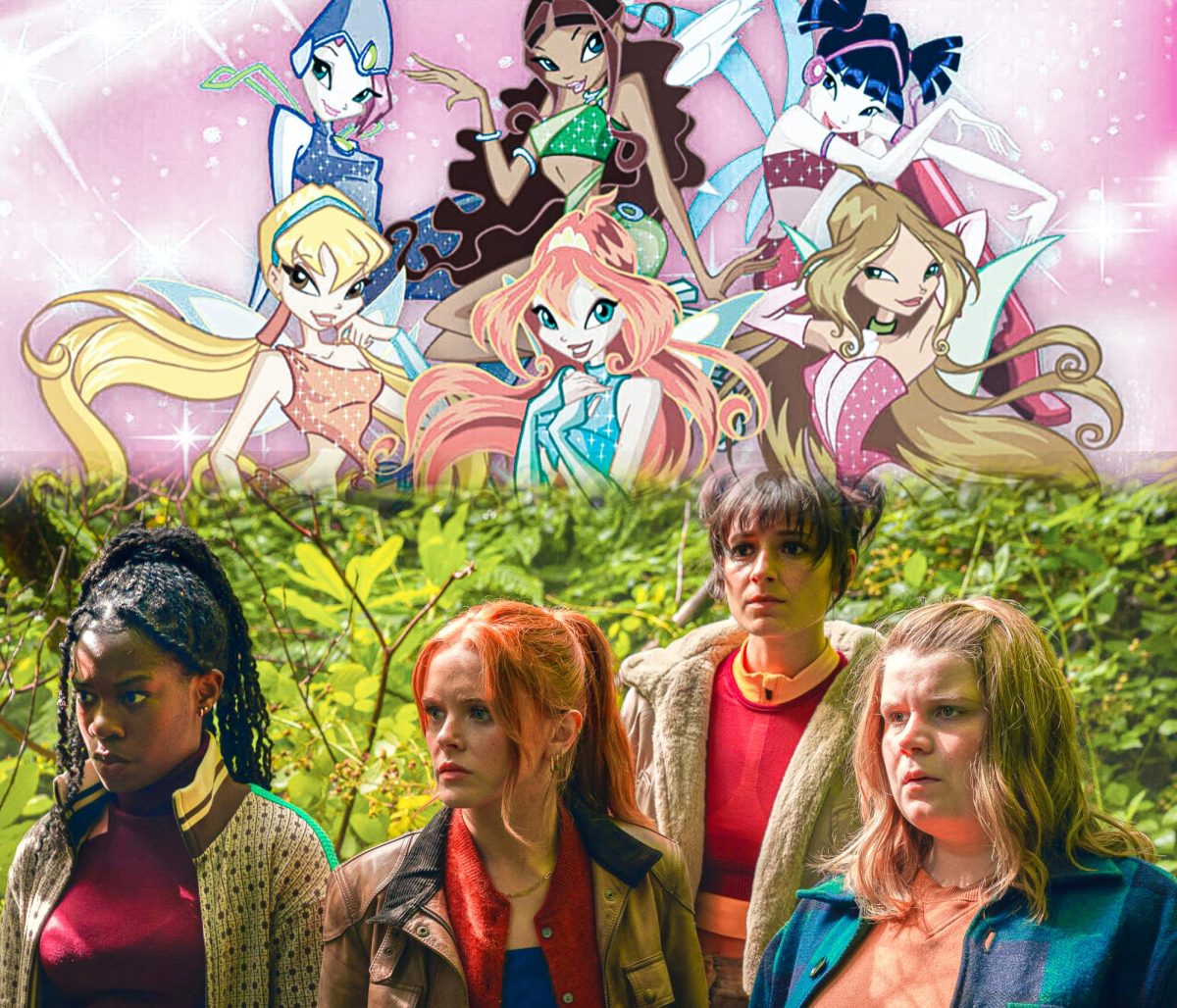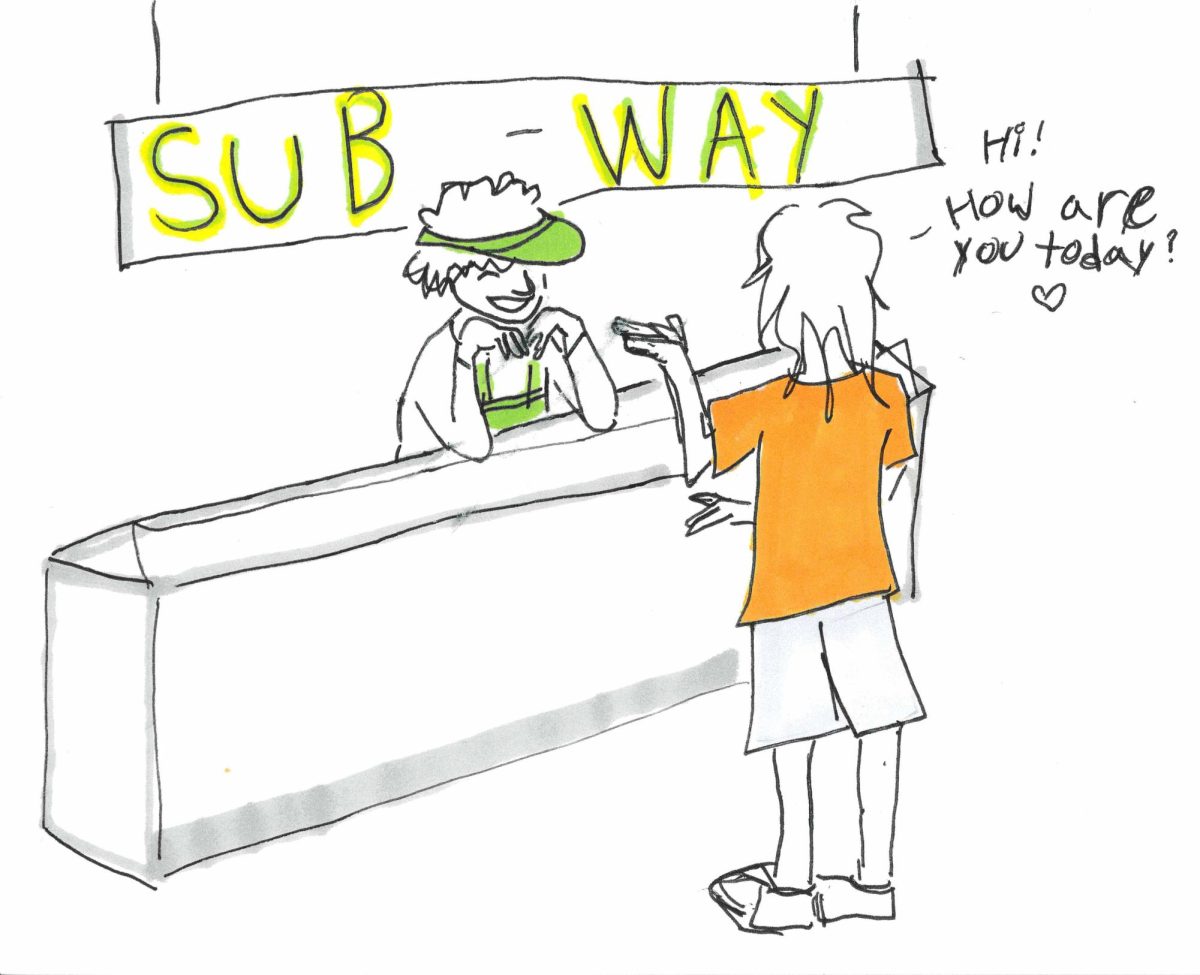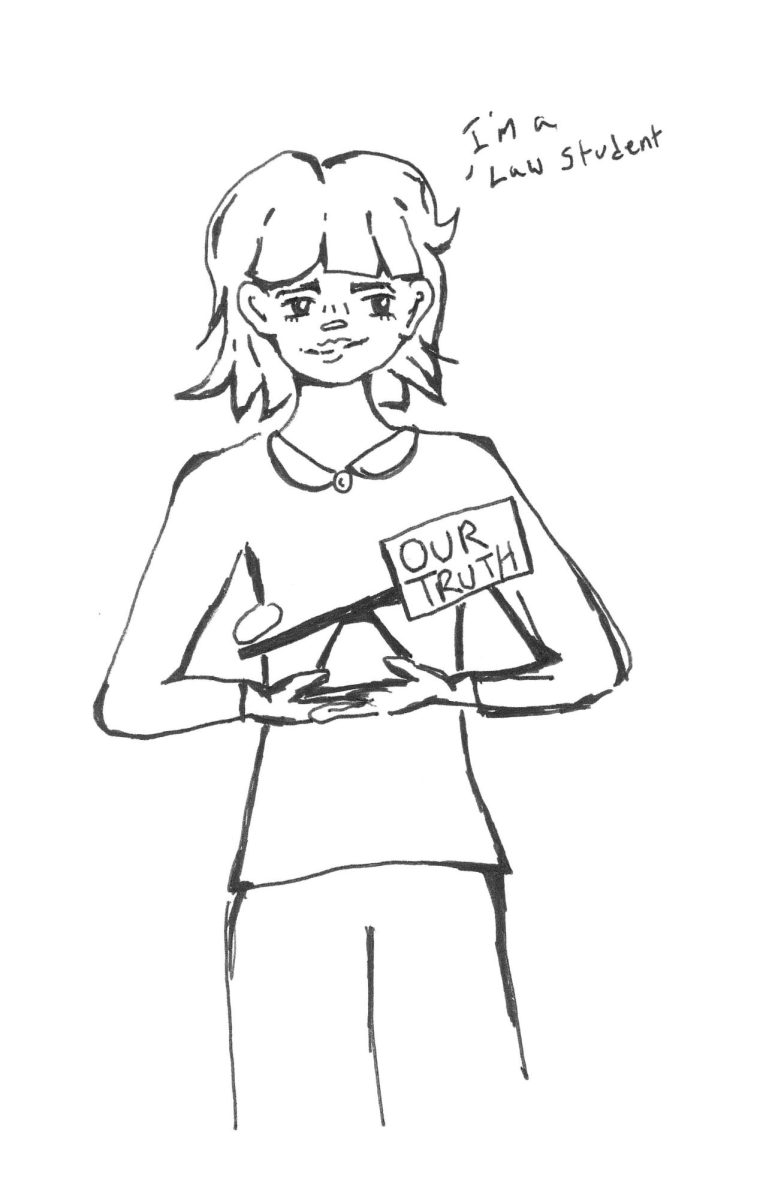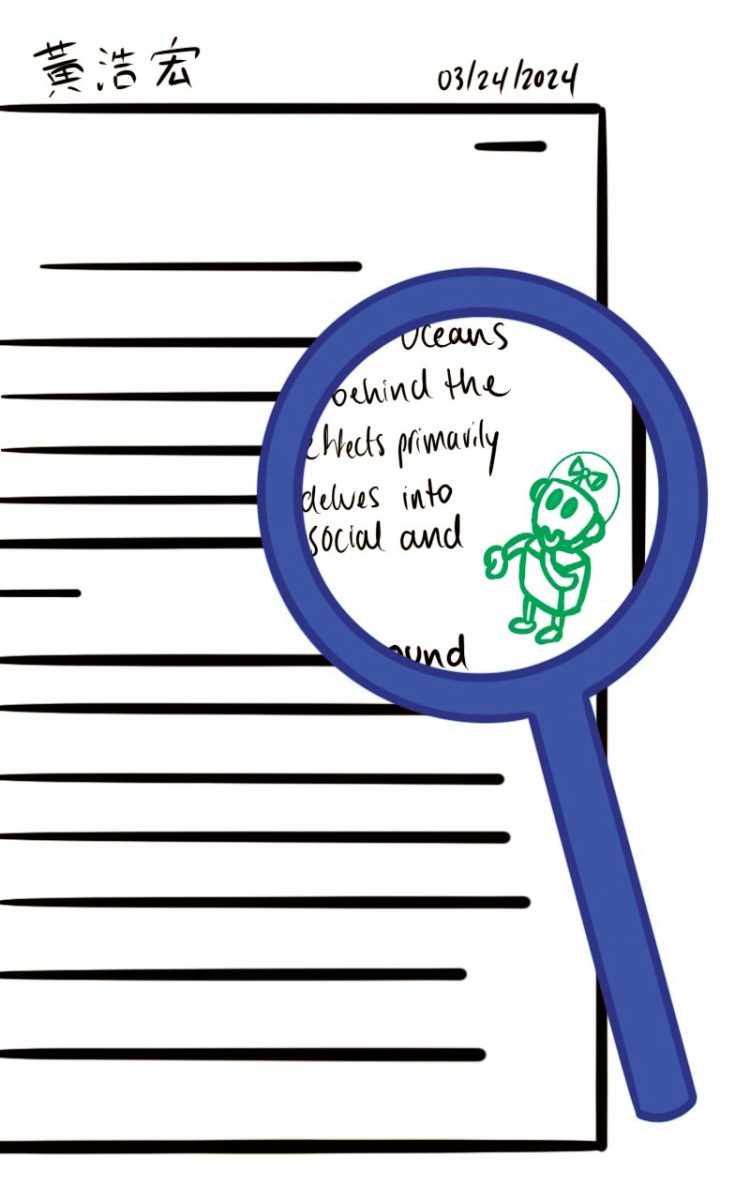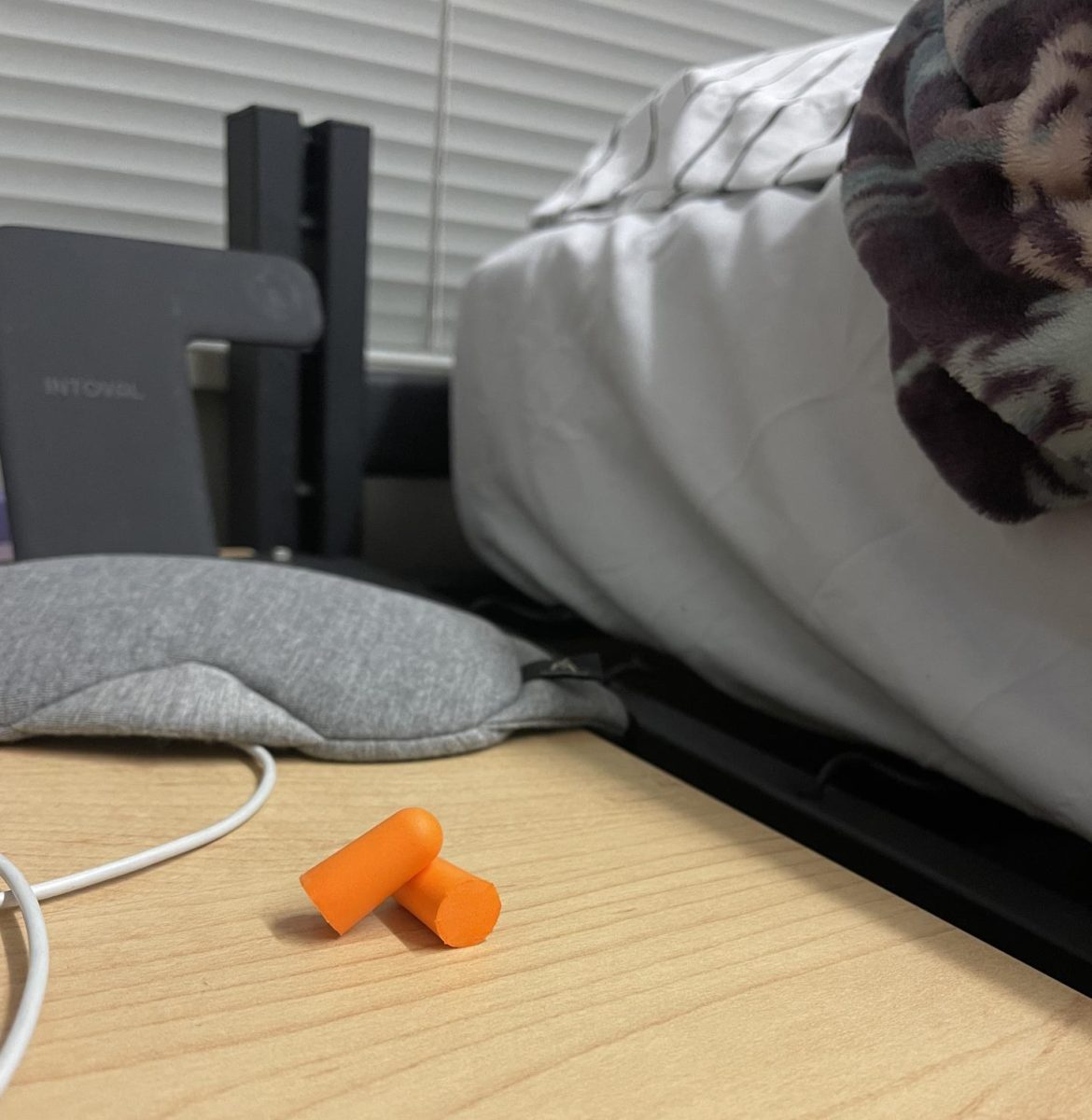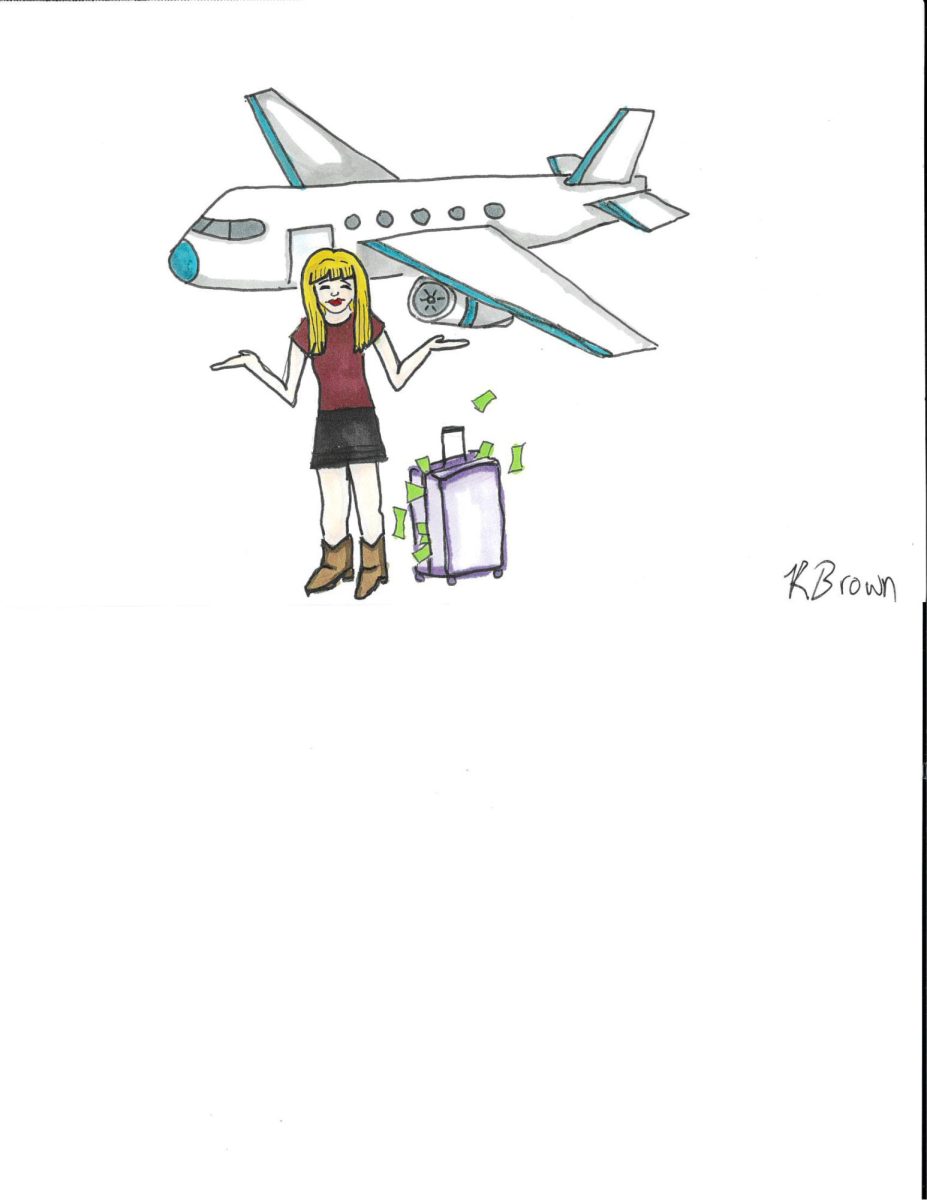I feel out of control and that terrifies me. I don’t know who I can trust. Can I even trust myself? Silence. Isolation. Disconnection. Blame.
These are some of the themes that emerge in the narratives of women and men who have experienced sexual assault. Such glimpses of lived experiences remind me that it is far more than “the night” that Take Back the Night participants and survivors are reclaiming. It is literally one’s own body, energy, emotion, spirit and sexuality that are being reclaimed — and more still. It is a reclaiming of and reconnection with our community, the very world in which we live and move and have our being.
The term “sexual violence” is frequently used in a broad sense. But underlying is a constellation of potential consequences for the victim — as well as the perpetrators and all involved both directly and indirectly.
For those who are sexual violence survivors, consequences can range from physical symptoms to sexual difficulties, from psychological concerns to social strains and spiritual questioning.
For those who perpetuate such violence, there can be a hollowing out of the spirit, emotional disconnection through objectification of another person, as well as guilt, shame and isolation.
Loved ones and neighbors may struggle with difficult thoughts and feelings that can lead to an overall dampening of our communal life, a strain on our relationships, and sympathetic responses of pain and helplessness. Thus, far beyond the “victim”/”non-victim” dichotomy, this year’s Take Back the Night’s consideration of “my connection” to sexual violence draws attention not only to the pervasiveness, the seeming infusion of sexual violence in our community, but also to the web of harm that ripples from those involved through families, intimate partners, friends and peers.
Yet, hope remains. Because coinciding with these themes — if we are careful to listen and look — are often messages of courage, strength and authenticity. This is illustrated in the woman who is honest with herself about the pain she is feeling. In the man who speaks up on behalf of often-overlooked male victims. In the friend who takes the time to listen, actually listen, to another friend about the experience. In the advocate who accompanies a survivor to the hospital. In the partner who understands. In the survivor who returns to caring for her own body. In the bystander who decides to escort the potential victim to safety.
Hope is in every person who begins to move toward reclaiming the fragmented pieces of his or her life. It is in restoring the right relationship with one’s own body and mind, the right relationship with “the other,” the right relationship with one’s God. It is in a movement toward listening, not blaming. It is in acknowledging and honoring our experiences, while also calling for an increase in respect, tolerance and compassion.
And for the cynics who say such movement in the individual or the collective is asking too much, I ask in return, what else is there? How else does change occur — and history is replete with social change — without individual people lifting their voices, calling for action and then, together, taking small steps toward a new life?
To the survivors, the advocates, the concerned family, the caring friends and the dedicated professionals who have shared and taught me so much about the human spirit, thank you for your inspiration.
Together, let’s take back more than the night. Let’s take back our humanity.
Brooks Zitzmann is a counselor for the University Counseling Center. She can be reached at [email protected]
On the Record is a weekly column open to any member of Loyola’s faculty and staff. Those interested in contributing can contact [email protected]

A participant holds candles at the 2008 Take Back the Night. Loyola and Tulane Univeristy organize the march annually to oppose sexual violence and the societal conditions that promote the violence. (wadner pierre/senior staff photographer)








